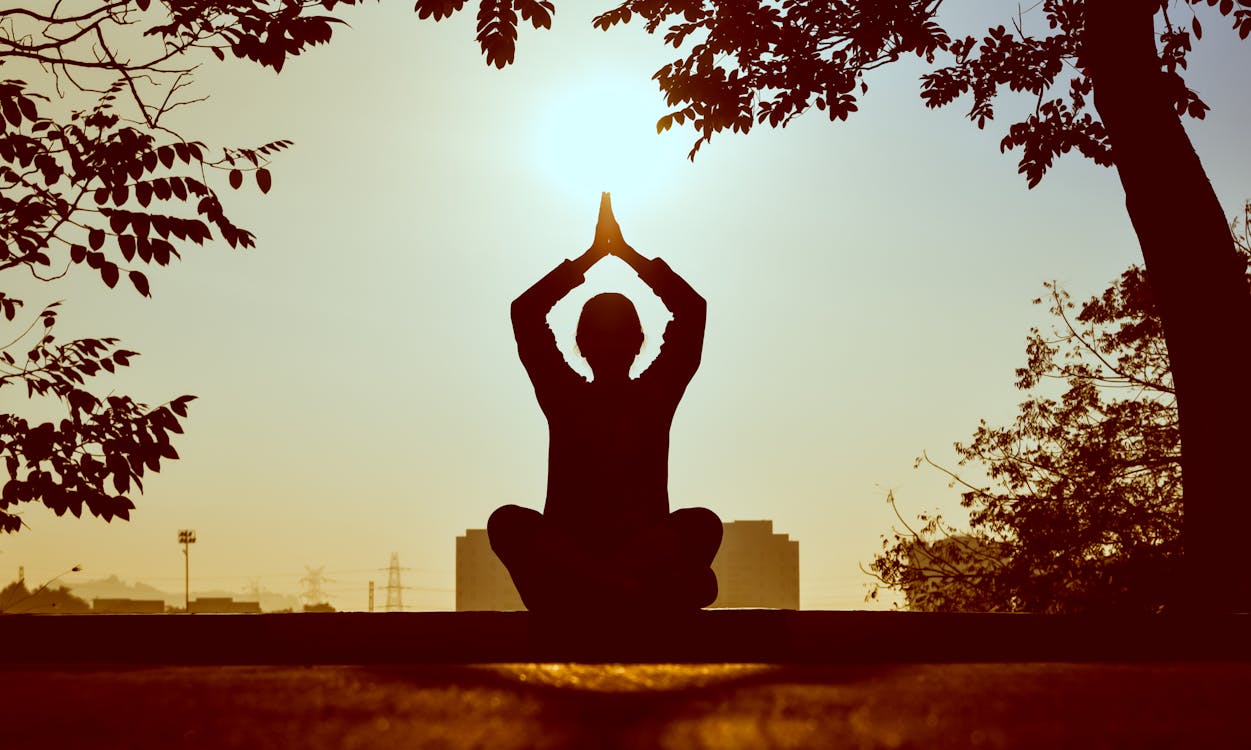November 26, 2024
Master Stoicism: The Ancient Art of Resilience
This blog explores the timeless philosophy of Stoicism, its origins, and how it teaches us to handle challenges in life. Learn how ancient Stoic principles can help you develop resilience, gain perspective, and focus on what truly matters.

Kelvin Mutuota
@Kelvin
Philosophy
What Is Stoicism?

Stoicism is a philosophy that helps us navigate life’s ups and downs by teaching us to focus on what we can control. It originated in ancient Greece around 300 BC, created by Zeno of Cyprus, who turned his personal tragedy into a path of wisdom and inner peace.
The Origins of Stoicism

Zeno’s Life-Changing Event
Zeno was a wealthy merchant from Cyprus who lost all his possessions in a shipwreck. Instead of giving in to despair, Zeno sought wisdom in the works of philosophers like Socrates. Inspired by their teachings, he founded Stoicism, which emphasizes accepting life’s challenges calmly and rationally.
Key Principles of Stoicism
Control What You Can
Stoicism teaches that while we can't control everything that happens to us, we can control how we respond. By focusing on our reactions rather than external events, we can maintain peace of mind.
Emotional Balance
Stoics are often misunderstood as emotionless. However, the true goal of Stoicism is not to suppress emotions but to transform negative feelings into wisdom and perspective.
Living According to Virtue
For Stoics, the ultimate goal is to live a life of virtue—acting with courage, justice, self-control, and wisdom in all circumstances.
Famous Stoic Figures
Stoicism has influenced many great thinkers and leaders, including:
- Epictetus: A former slave who taught that freedom comes from controlling your mind.
- Seneca: A renowned Roman politician and philosopher.
- Marcus Aurelius: A Roman emperor who embodied Stoic principles in his rule and writings.
Stoicism in Practice
1. Prepare for the Worst
Stoics believe in visualizing the worst-case scenario. This practice, called premeditatio malorum, helps you accept that bad things may happen and reduces fear of the unknown.
2. Practice Voluntary Discomfort
To strengthen resilience, Stoics suggest putting yourself in uncomfortable situations, like sleeping on the floor or eating plain food. This teaches gratitude and prepares you for hard times.
3. Focus on the Present
Instead of worrying about the past or future, Stoicism encourages living fully in the present moment while calmly addressing challenges as they arise.
Stoicism’s Relevance Today

In a world filled with uncertainty and distractions, Stoicism offers a refreshing perspective. It reminds us to let go of things beyond our control, simplify our lives, and focus on what truly matters—our actions and character.
As Seneca once said:
"Learning to live with less will make space in your life for the things that truly matter."
Conclusion
Stoicism teaches us that while we cannot control most of what happens in life, we can always control how we respond. By embracing this mindset, we can navigate life’s challenges with grace and focus on living a life of virtue and purpose.
In the words of Epictetus:
"The chief task in life is simply this: to identify and separate matters so that I can say clearly to myself which are externals not under my control, and which have to do with the choices I actually control."
Embrace Stoicism, and you’ll discover the freedom and strength to face life with calmness and clarity.
Share this content
You might also like
November 22, 2024
Kelvin Mutuota
The Secret to a Serene Life: Stoicism Explained
Ever dreamed of inner peace? A calm that goes beyond daily noise? You're not alone. In today's fast world, we all seek tranquility. But what if the answer is ancient Stoicism? This philosophy from Greece and Rome shows us how to live better. It teaches us to face life's ups and downs with grace and purpose.

November 18, 2024
Kelvin Mutuota
Stoic Habits for Everyday Success
Discover the transformative power of stoicism in your daily life with this insightful guide. Learn how ancient principles can help you master calmness, sharpen your focus, and cultivate gratitude, leading to everyday success.


